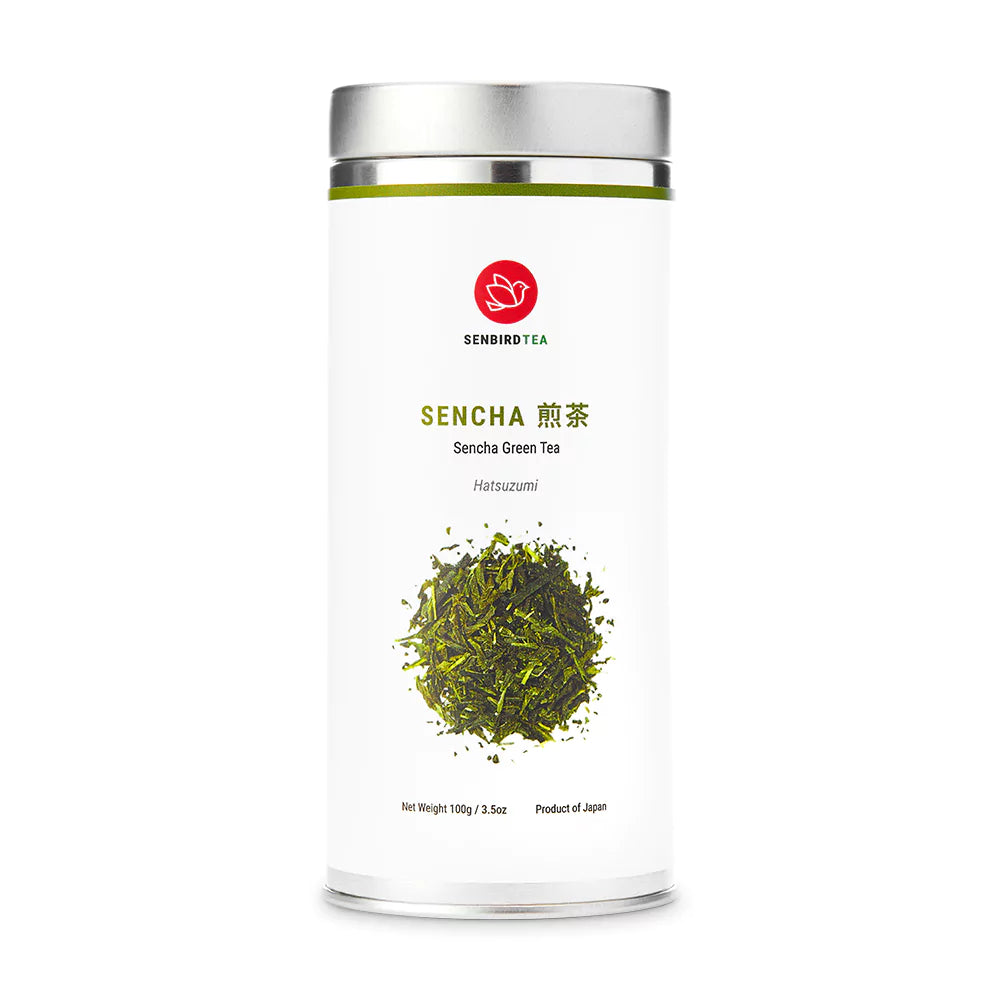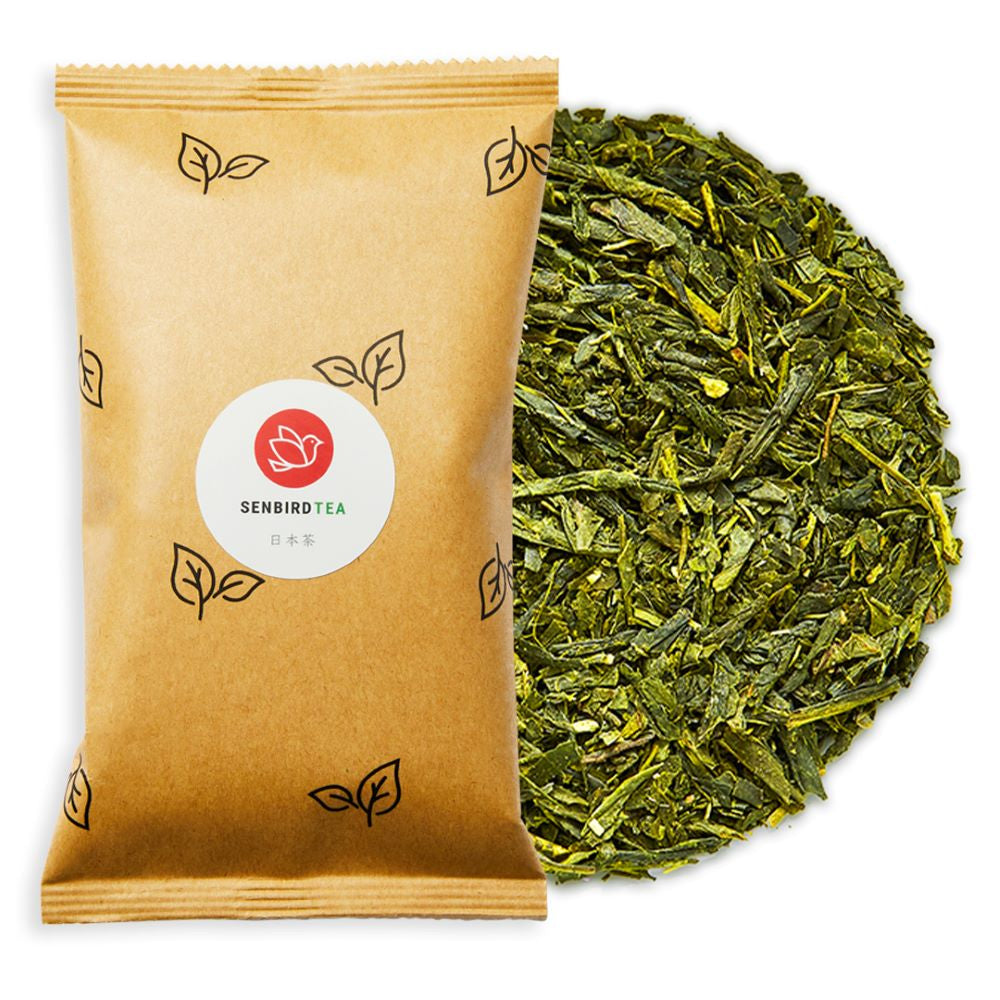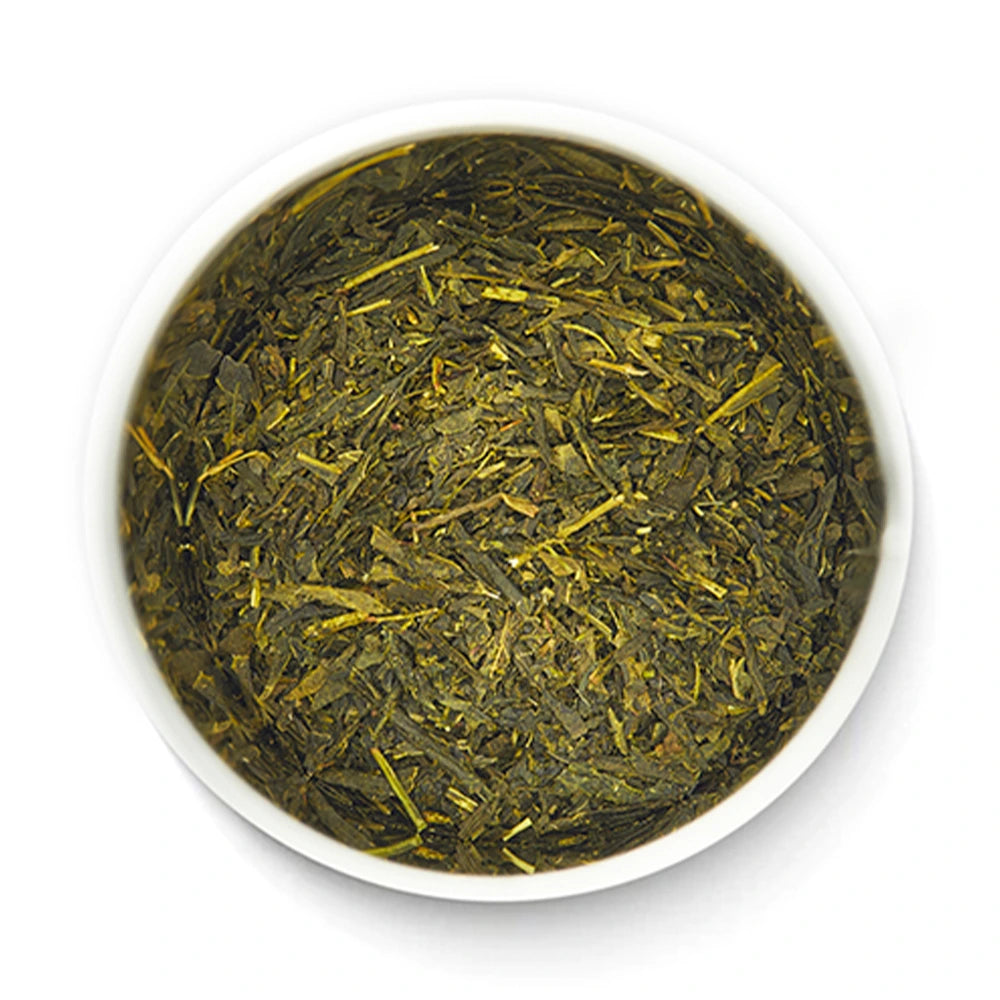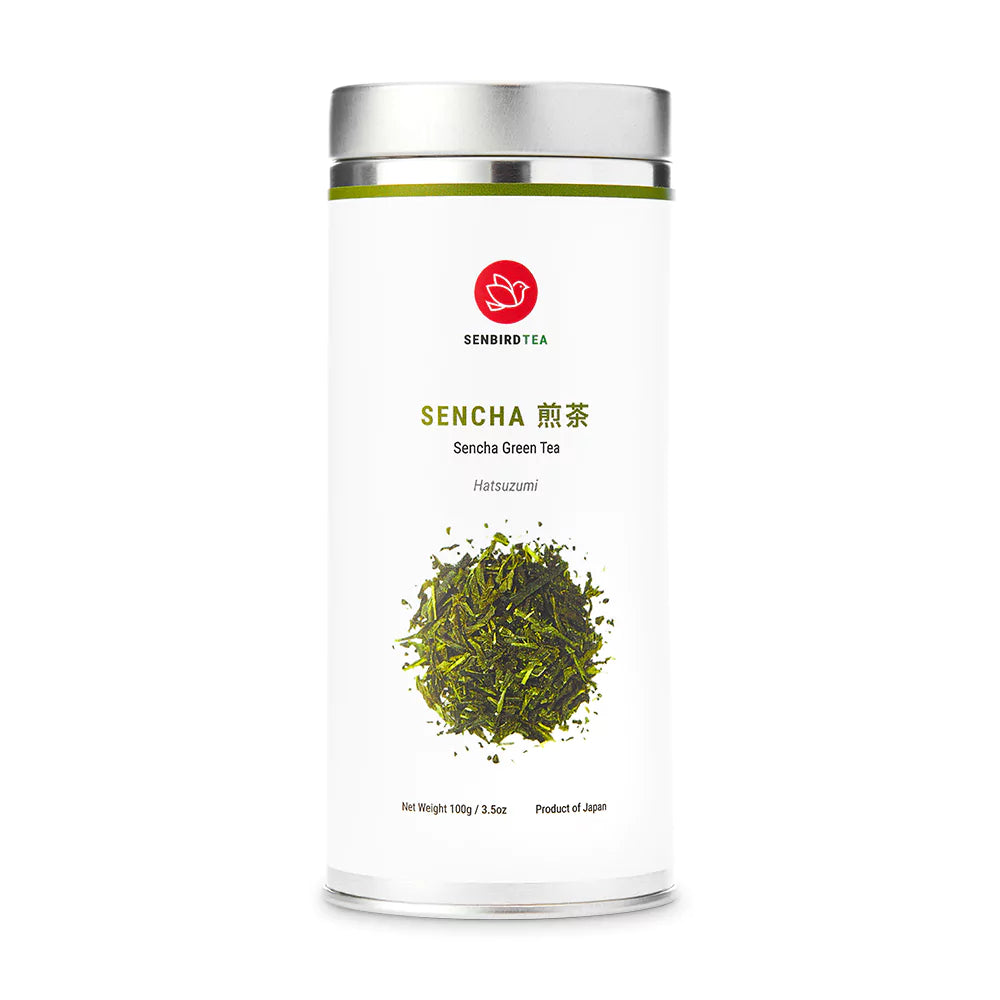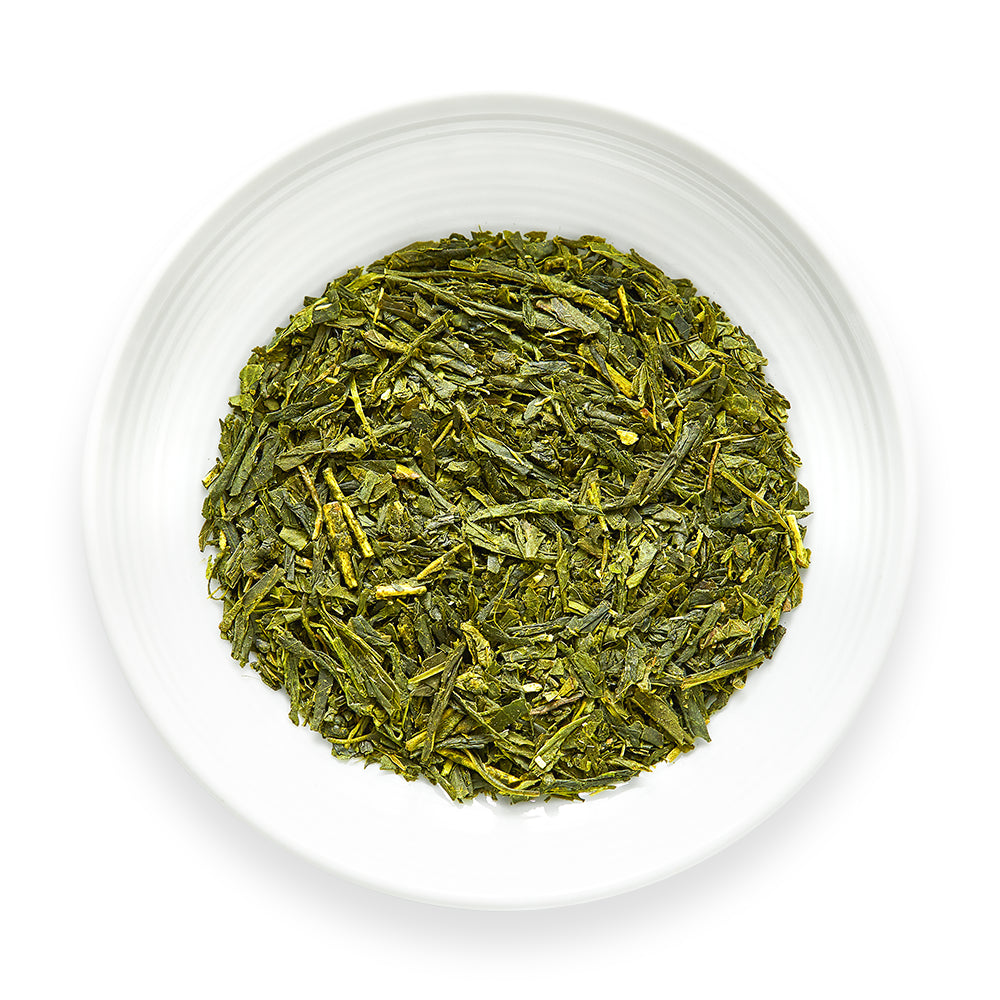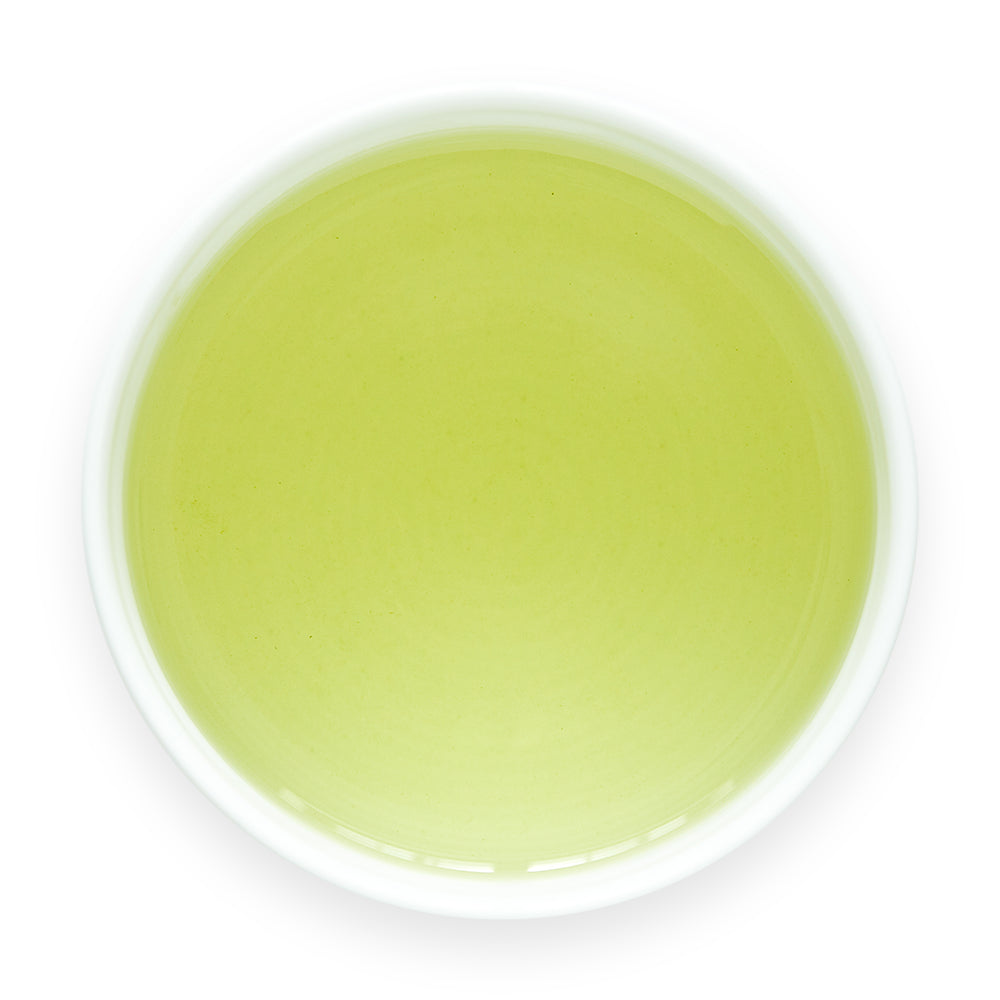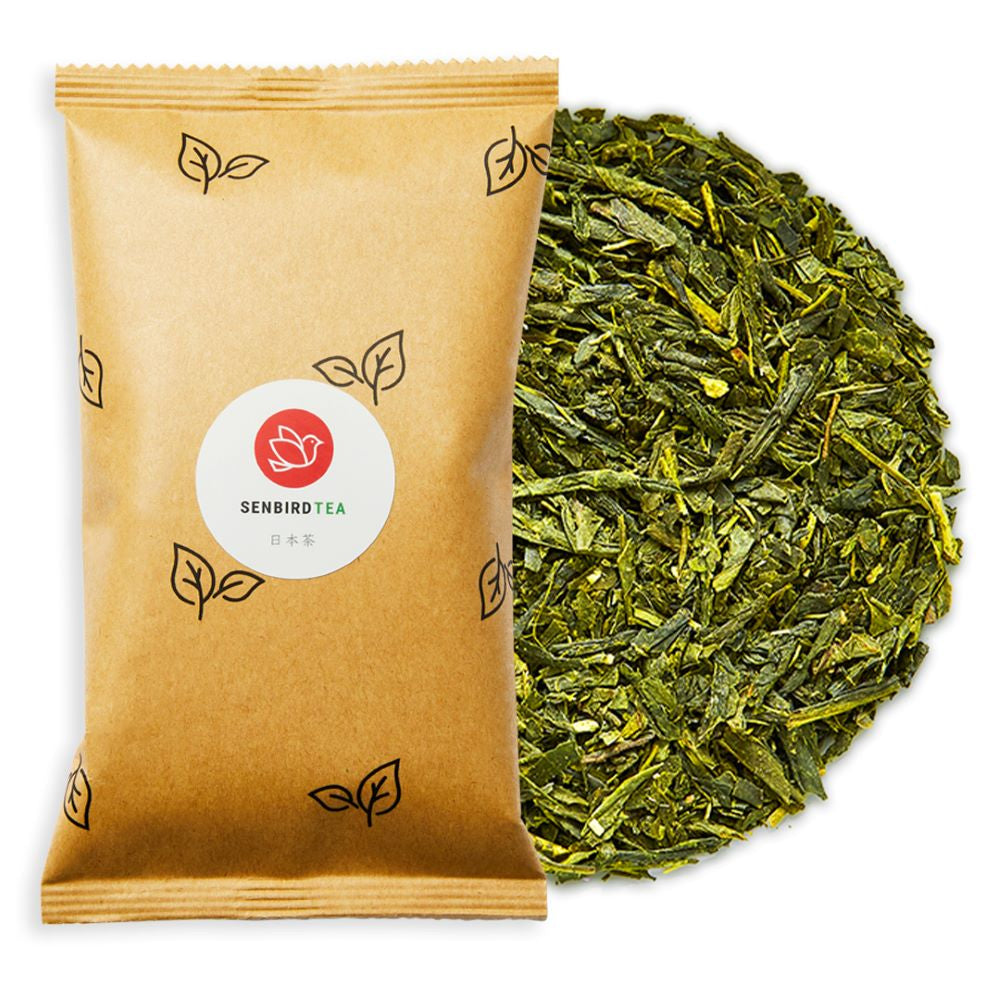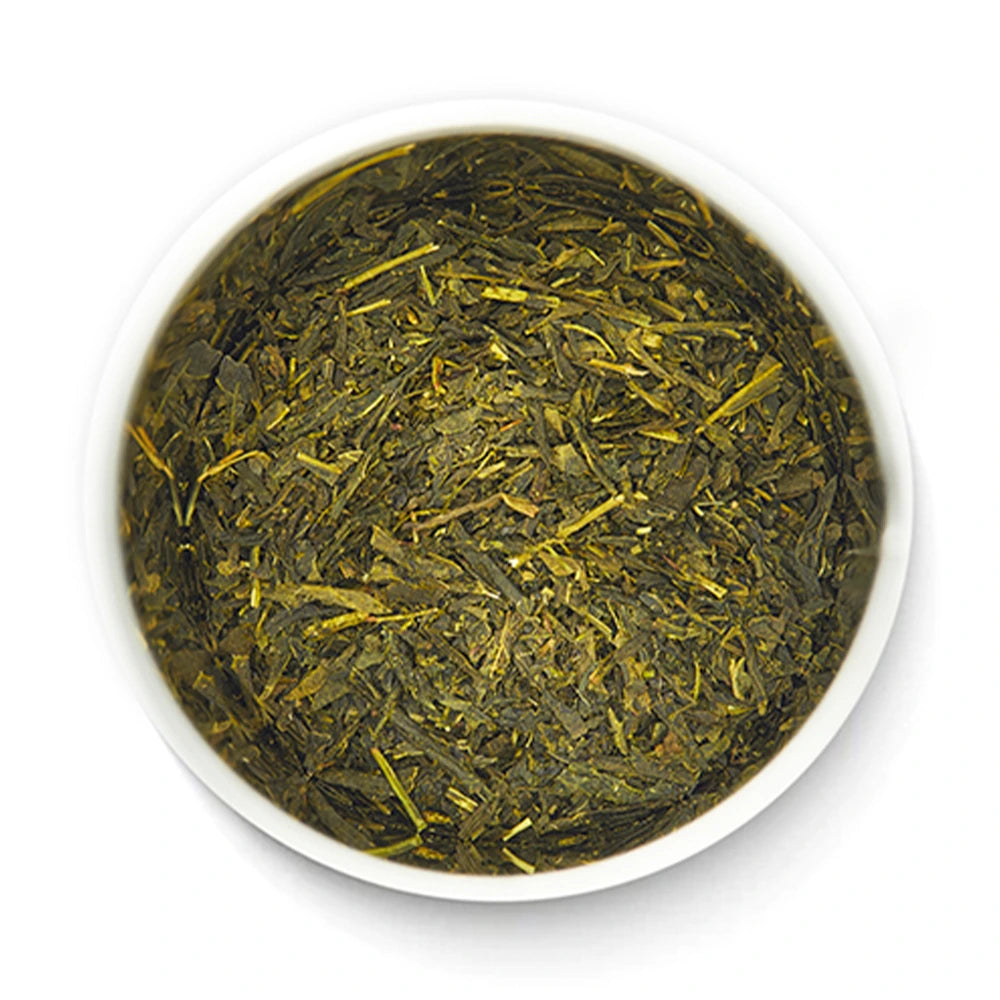
How to Use Green Tea for Plants: 3 Eco-Friendly Gardening Tips
Drinking a daily cup of green tea can inspire mindfulness in many ways—whether it’s encouraging us to slow down and savor the present moment or be more conscious of the world around us. One of the biggest changes I’ve made since drinking more tea is becoming more mindful of sustainable gardening practices, particularly composting green tea leaves.
Now that summer is here, many of us are spending more time tending to our plants and gardens. Whenever there’s an opportunity to reduce waste and nourish the earth, we’re all for it. The good news? You can reuse your used green tea leaves in the garden in several ways—helping both the environment and your plants thrive.
Here are three ways to use green tea for plants, but first, let’s discuss the benefits of green tea compost and why it’s a powerful addition to any organic gardening routine.

The Benefits of Composting Green Tea Leaves
Research published in the Ecology, Environment and Conservation Journal shows that green tea (as well as other teas made with the tea camellia such as black, white, oolong, and even some herbal teas) naturally has a higher rate of tannins which can promote plant growth [1]. Adding used green tea leaves to your garden or plants can also add extra nutrients to the soil. With any compost, it is important to add a healthy balance of nitrogen-packed organic materials and carbon-rich brown materials such as dried leaves.
A lot of store-bought plant fertilizers contain nitrogen which promotes and encourages plant growth. Green tea leaves are perfect organic materials to compost as they are packed with nitrogen. They are also rich in potassium and phosphorus, which can help add nutrients to your potted plant soil or balance any carbon in your compost.
Why Use Green Tea in Gardening?
-
Rich in Nitrogen – Essential for plant growth and found in many store-bought fertilizers.
-
Improves Soil Health – Adds organic matter and enhances soil structure.
-
Supports Beneficial Microbes – Encourages the growth of good bacteria in compost.
-
Eco-Friendly – Reduces waste while providing an all-natural alternative to synthetic fertilizers.
Important Note: While green tea compost is beneficial, it's important to consider the pH needs of your plants—some plants prefer alkaline soil and may not respond well to tea’s slight acidity.
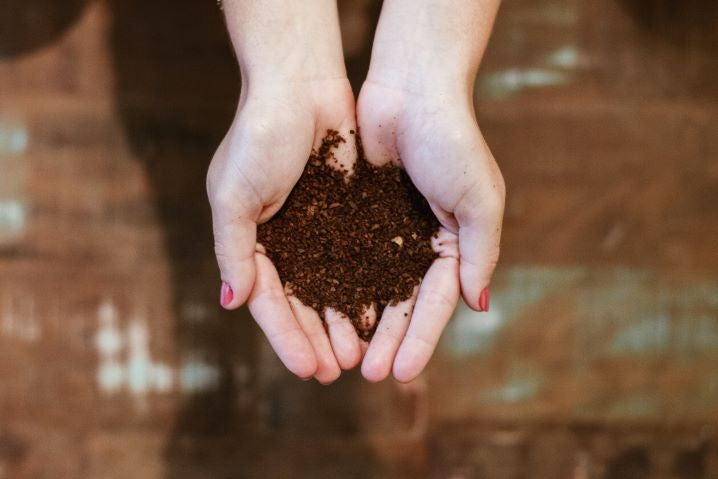
1. Using Green Tea Leaves as Mulch
A simple way to use green tea leaves as compost is by spreading a layer of tea across the surface. As always, be mindful that not all plants may like the natural acidity of tea leaves, so be sure to always understand your plant’s needs before using tea as compost.
How to Use Green Tea Mulch for Plants:
-
Collect used green tea leaves and allow them to dry slightly.
-
Spread a thin, even layer around your plants. (Be sure to keep it away from the base of delicate plants to avoid excess moisture buildup.)
-
Water lightly to help the tea mulch settle into the soil.
If you don’t have enough green tea leaves, another option is to bury them directly into the garden soil. When using this method, be sure to bury them away from the roots to prevent excess acidity in sensitive plants. Avoid tea bags with synthetic materials, as some may contain non-compostable polymer threads.
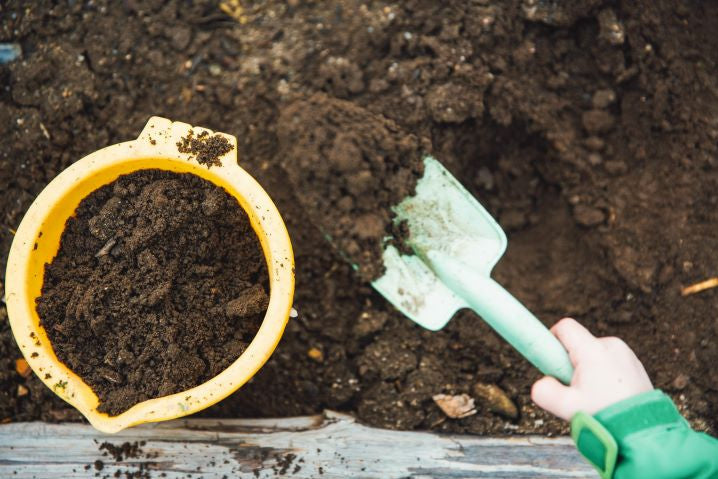
2. Adding Green Tea Leaves to a Compost Pile
Another great way to fertilize your garden with tea leaves is by adding them to an existing compost pile. This helps speed up decomposition and provides essential nutrients for your plants.
How to Compost Green Tea Leaves:
-
Add used green tea leaves to your compost bin or pile.
-
Ensure a balance of nitrogen-rich greens (tea leaves, food scraps) and carbon-rich browns (dried leaves, cardboard).
-
Turn the compost weekly to aerate the pile and accelerate decomposition.
When composting tea leaves, the key is balance—too much nitrogen-rich material can make the compost overly acidic, so always mix in brown compost materials for optimal results.
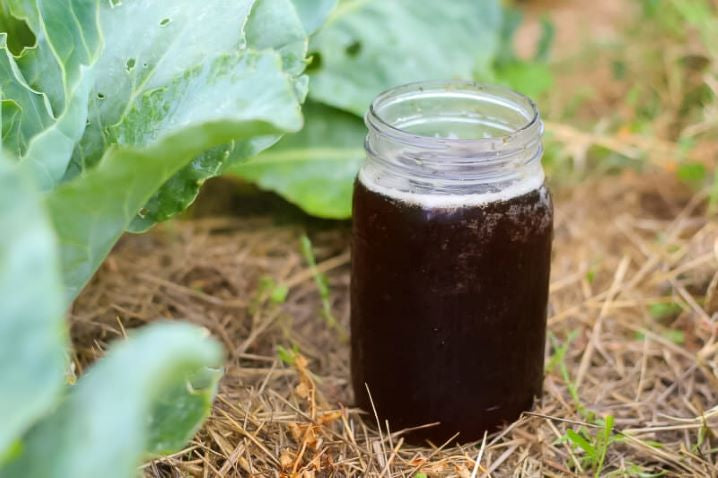
3. Making a Compost Tea
If you’re looking for an eco-friendly liquid fertilizer, consider making compost tea using green tea leaves. Compost tea is a nutrient-rich liquid that helps protect plant roots, prevent disease, and promote growth.
According to a study in the journal Advances in Bioresearch, compost teas can help reduce plant diseases and act as a natural alternative to chemical fungicides [2].
How to Make Green Tea Fertilizer for Plants:
-
Add used green tea leaves to a large jar or bucket of water.
-
Let the tea leaves steep for 24 hours to extract nutrients.
-
Strain the liquid if desired, then dilute with extra water if needed.
-
Pour the compost tea directly onto the soil or spray it onto leaves as a natural fertilizer.
If your compost tea is too strong, dilute it further to avoid overwhelming your plants.
Eco-Friendly Gardening with Green Tea
Using green tea compost and green tea fertilizer for plants is a simple yet powerful way to make your gardening more sustainable. Whether you’re mulching, composting, or making compost tea, repurposing your used tea leaves is an easy step toward an eco-friendly garden.
Best Practices for Using Green Tea in Your Garden:
-
Test your soil's pH before adding large amounts of green tea to ensure plant compatibility.
-
Use only natural tea leaves—avoid tea bags with synthetic materials.
-
Combine with other compost materials for a well-balanced mix of nutrients.
-
Monitor plant health to adjust the amount of green tea used if needed.
For tea lovers, composting with tea not only supports plant health but also contributes to reducing waste and promoting sustainable gardening practices.
Looking for more eco-friendly tips? Check out more articles on sustainability and discover more ways to make the most of your daily cup!
Sources:
[1] Gupta et. al (2020). Impact of green tea compost on soil quality and growth of plants. Ecology, Environment, and Conservation. 26. 103-108. from https://www.researchgate.net/publication/351712020 [2] Shaban et. al (2015). An Overview of the Benefits of Compost tea on Plant and Soil Structure. Advances in Bioresearch. 6. 154-158. from https://www.researchgate.net/publication/278242997
🍵 Drinking our tea? Snap a pic and tag us on Instagram at @senbirdtea or #senbirdtea. We’d love to see your moment with our tea!
If you want to read more articles on health benefits, check them out here:
- Ultimate Guide to Japanese Green Tea
- How To Make Rice Seasoning (Furikake) With Used Green Tea Leaves
- Ochazuke Green Tea Over Rice Recipe
- 12 Green Tea Inspired Recipes for Delicious Meals and Desserts
- Green Tea Whiskey Cocktail with Ginseng
- Green Tea and its Uses in Traditional Chinese Medicine
- Which Green Tea to Drink in the Morning, Afternoon, and Evening?
- Caffeine in Japanese Green Tea
- 3 Green Tea and Cheese Pairings that are Surprisingly Delicious
- Shizuoka's Secret: The Best Green Tea in Japan
- A Green Tea Lover's Paradise: Shizuoka, Japan
Share your moment with us and stay connected on:
